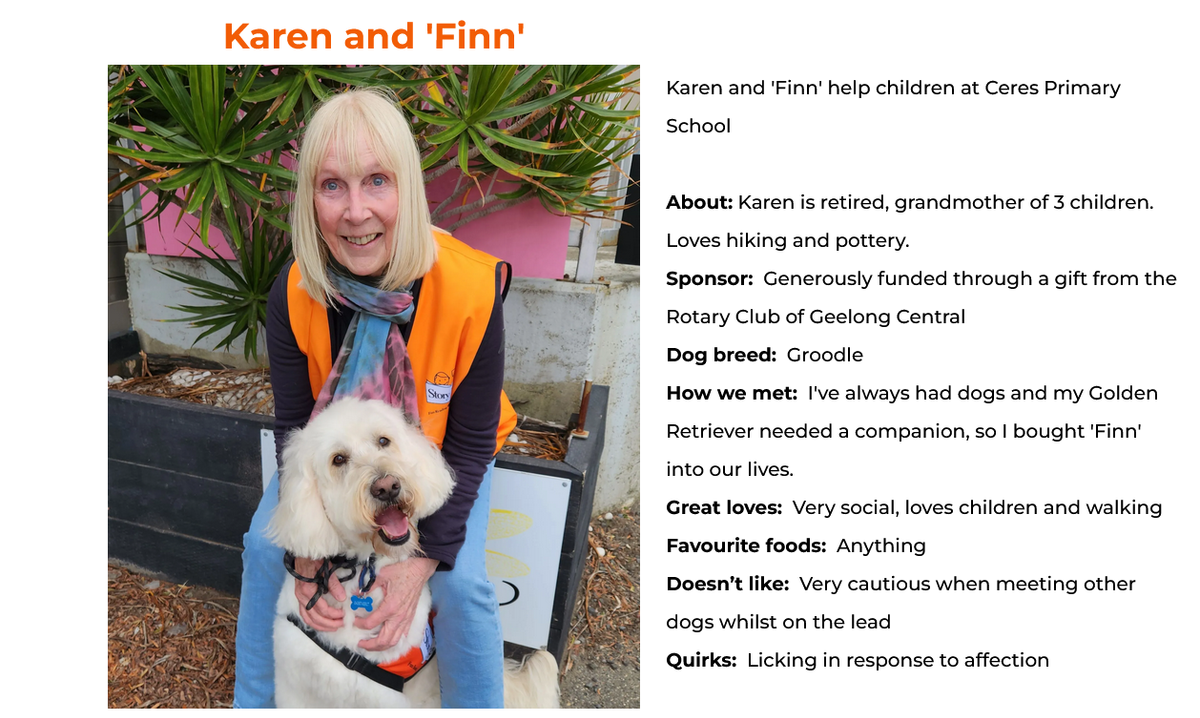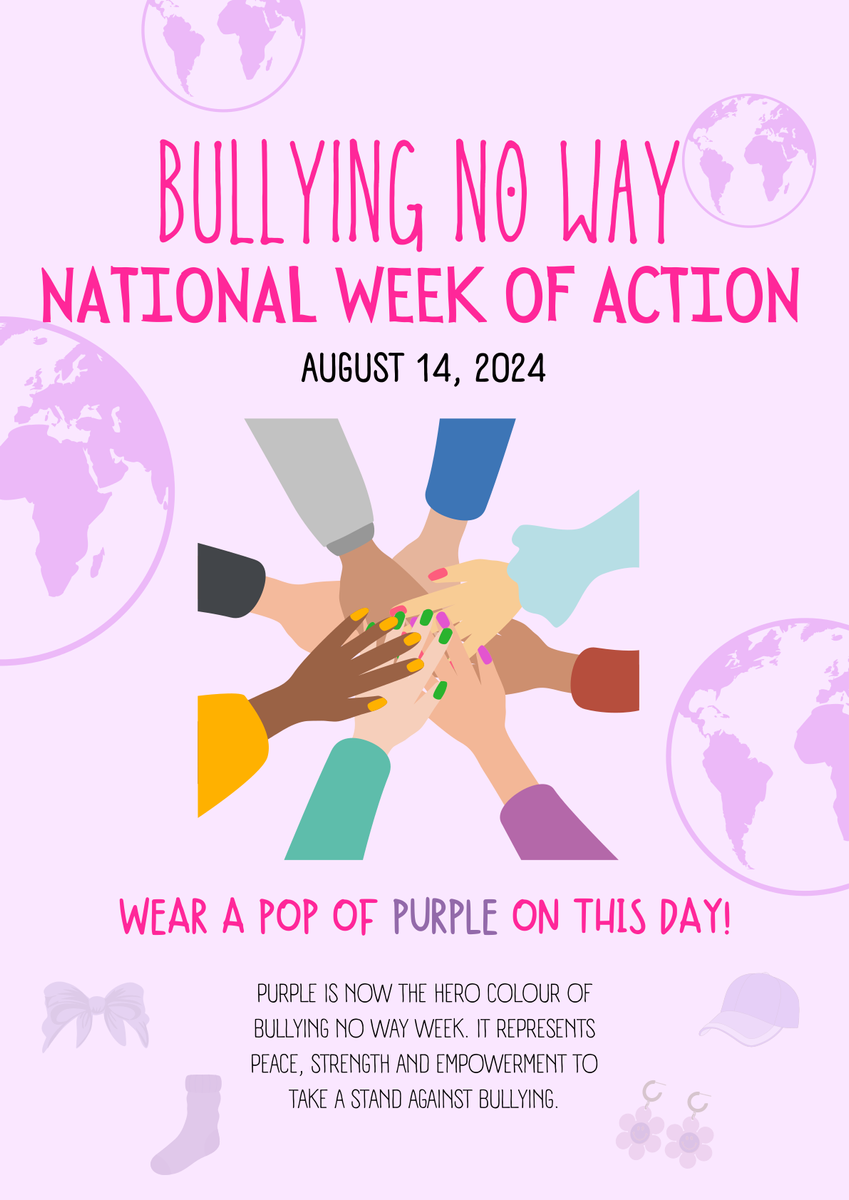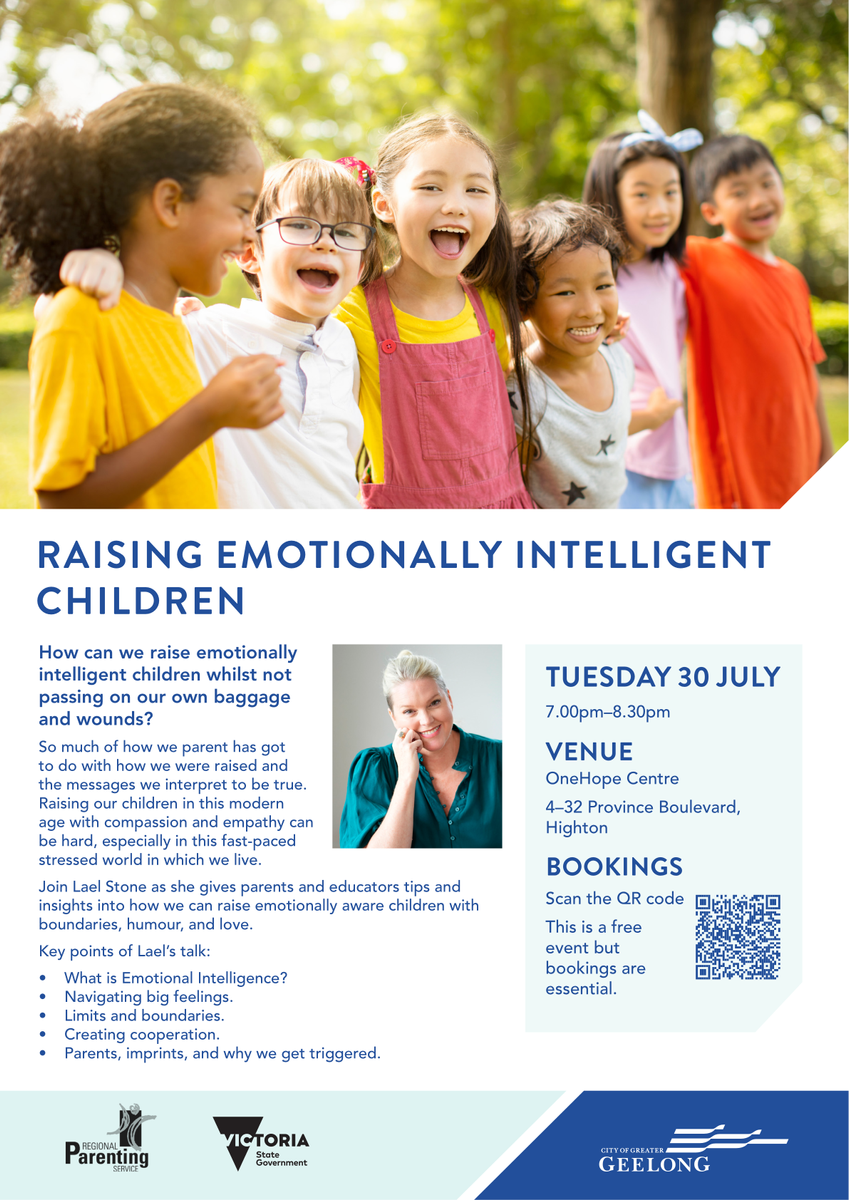Wellbeing and Inclusion
News and information from our Wellbeing team, Jamie Roberts & Josh Beaton.
Artwork by Alkina Edwards' Creations.

Wellbeing and Inclusion
News and information from our Wellbeing team, Jamie Roberts & Josh Beaton.
Artwork by Alkina Edwards' Creations.
Recently we began the I CAN Mentoring Program for a small group of students in Grade 3-6.
Mentoring sessions are run for 1 hour / week over a series of 8 weeks and include the following themes:
· Teamwork
· Positive identity
· Communication and self advocacy
· Emotions
· Connection
· Wellbeing and stress management
· Organisation and creative reflection
· Student led session and Celebration
We welcome Kyall and Bailee from the I CAN Network to our school every Monday and hope the students involved enjoy a positive experience with the program.
This week we have began the Story Dogs program for four students in Grade 2. Karen and ‘Finn’ the groodle will visit our school every Thursday to read with some students. We are super excited and grateful to Karen, Finn and the team at Story Dogs to allow their generous program to run in our school. If you see them around the school, please make them feel welcome.


This week, all staff participated in professional learning about anxiety. Rachel Ward from Step Thru Care presented the information and has previously completed parent workshops in Term 2. Staff engaged in discussions about the different ways anxiety can present and discovered resources that may be of value for our students. Thank you to Rachel for your time.
https://westvicphn.com.au/health-professionals/health-topics/mental-health-care/stepthrucare/
Information on Step Thru Care can be found on the above website.


Communication tips for heightened emotions.
Today we will discuss effective communication strategies for engaging with your child during heightened emotional states. When a child experiences intense emotions, they often struggle to connect their feelings to specific issues, resulting in overwhelming emotions and distress. This heightened state may be characterized by continuous tears and an apparent inability to be soothed, and may look different for each child.
Scientific research indicates that in such heightened states, children are unable to process verbal communication effectively. Using phrases like “no, stop that”, “calm down” or “you need to relax”, especially in strong or forceful tones, can exacerbate the child’s emotional turmoil, making self-regulation even more challenging.
In these situations it is crucial to remain calm, as difficult as that may sometimes be. Use phrases such as “I see your upset '' and “that must be hard/frustrating/upsetting”. The child is often looking to be heard and validated in their feelings. Validating their feelings can still be met with keeping boundaries set as the parents and coming to a solution and understanding together.
Teamwork is essential in managing these heightened states, and is known as a process called “co-regulation” with your child. Co-regulation is a foundational step towards developing self-regulation skills. Employing calm tones and clear simple language can assist in these moments with additional actions like offering a hug, giving them space or sitting with them at their level. Your child may not want to talk and that is okay. You are there to hold space for them in that moment.
We recognize the challenges of communicating with a child in a heightened emotional state. Encouraging your child to identify and articulate their emotions can, over time, lead to improved self-regulation.
Stay tuned for our next post on co-regulation for more insights.
Skye and Lily

